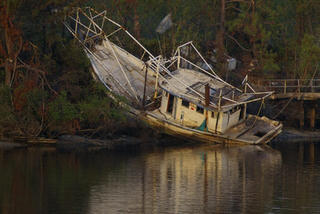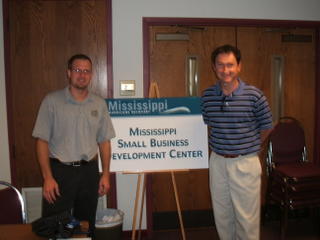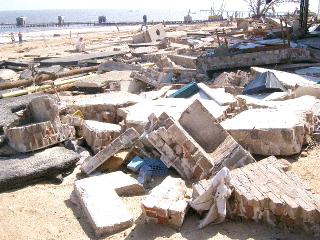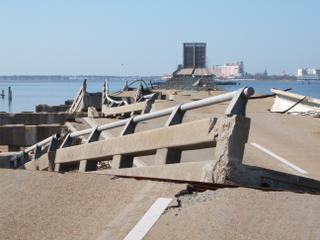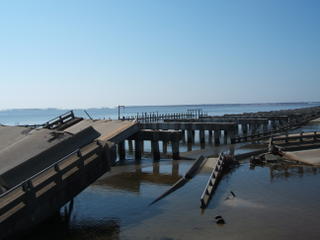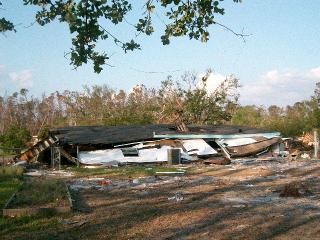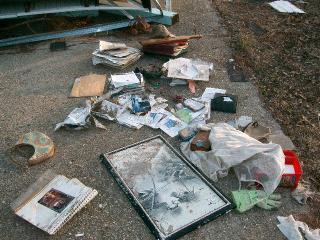The Latest (and last?) Update...
I swore I had put Going Coastal to bed a few weeks back, with no intention of continuing this blog site. My daily routine here is far too ordinary to warrant writing regular entries, especially when I'm trying to stick with my original plan of highlighting only the trip to Mississippi.
However, I would be remiss in not mentioning recent articles in the local Northern Express and Kathy Gest's Northwest Business News article chronicling our journey.
I ran across another interesting article in Slate Magazine that discusses some potential opportunities to redevelop Waveland, Mississippi.
And the saga of the SBA Disaster Loan Program goes on and on. At this point it's difficult to separate political posturing from tangible results on the Gulf Coast.
According to a recent press release, Jackson County, Mississippi (where Luke and I were located) has over 400 hundred businesses that have received SBA Disaster Fund Loans. This is countered by previous claims from sources of ridiculously slow loan processing, and much tighter restrictions on these loans than were originally claimed by SBA officials.
The unsoliciated press coverage of out October trip continues, with an article in the most recent Seidman Update (see page 16) from Grand Valley State University, the host institution for the Michigan Small Business & Technology Development Center.

